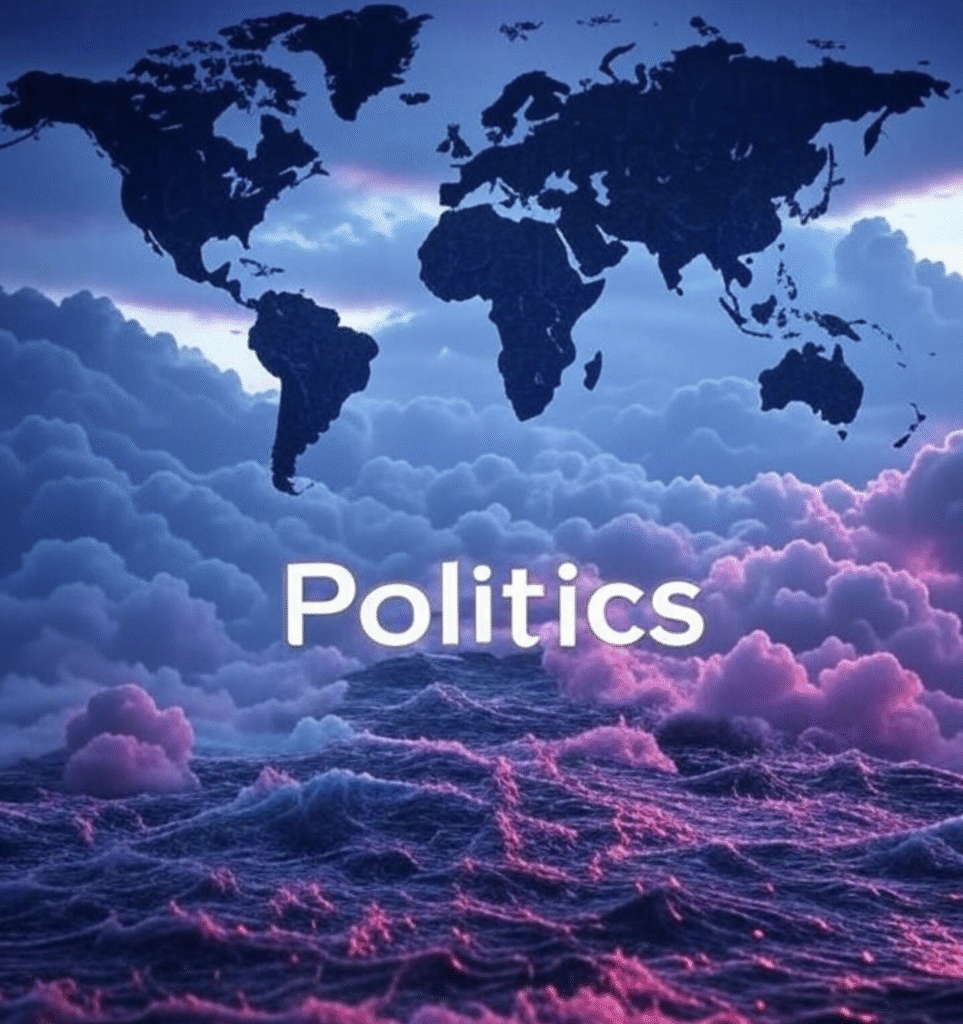Populist Waves and Political Instability Worldwide
Another trend dominating conversations is the rise of populist movements and the resulting political instability across the globe. In Europe, Austria’s far-right Freedom Party (FPO) is forming a coalition government, while Germany’s Alternative for Germany (AfD) is gaining ground ahead of early elections after Chancellor Olaf Scholz’s coalition collapsed. France is also reeling from the fall of Michel Barnier’s government, with Marine Le Pen’s National Rally playing a key role in the chaos. Beyond Europe, the Philippines’ mid-term elections have weakened President Bongbong Marcos’ hold on the senate amid a bitter feud with Vice-President Sara Duterte. These shifts show a growing frustration with traditional leadership, as voters turn to populist figures promising change, often deepening political divides.
Trump’s Global Influence: A Double-Edged Sword
President Donald Trump’s actions are trending heavily, influencing politics far beyond the U.S. His recent Middle East trip, where he visited Saudi Arabia, Qatar, and the UAE, aimed to reshape alliances, but his domestic policies—like proposed tariffs on China—are causing ripples worldwide. In Canada and Australia, centrist parties have seen a revival as right-wing groups mimicking Trump’s MAGA playbook lost ground in recent elections, a phenomenon dubbed the “Anti-Trump Bump.” However, Trump’s approval ratings are slipping, with only 39% of Americans approving of his presidency, according to a Washington Post-ABC News poll. His tariff threats and trade war rhetoric are uniting countries like China, Europe, and Southeast Asia against the U.S., signaling a potential shift in global power dynamics.
The Role of Social Media in Shaping Political Narratives
Social media’s role in politics is another hot topic right now. Beyond the Comey incident, platforms are amplifying populist voices and spreading misinformation at an alarming rate. The World Economic Forum has warned that false information could undermine elections, a concern echoed in places like South Korea, where political crises continue after former President Yoon Suk Yeol’s impeachment. In the U.S., 55% of Americans say it’s important that news sources share their political views, according to a Pew Research Center survey from March 2025. This trend shows how social media is not just a tool for communication but a battleground for political influence, making it harder to separate fact from opinion.
What’s Next for Global Politics?
The trends we’re seeing in May 2025 point to a world in flux. Populist movements are challenging the status quo, social media is rewriting the rules of political discourse, and leaders like Trump are reshaping international relations—for better or worse. At International Article, we’re committed to keeping you updated on these shifts, offering insights that connect the dots across borders. Whether it’s a scandal in Washington or an election in Manila, we’re here to help you understand the bigger picture.
What do you think about these political trends? Are you worried about the rise of populism, or do you see it as a necessary change? Drop your thoughts in the comments below—we’d love to hear from you!
Disclaimer: This blog is for informational purposes only and does not constitute legal or political advice.



